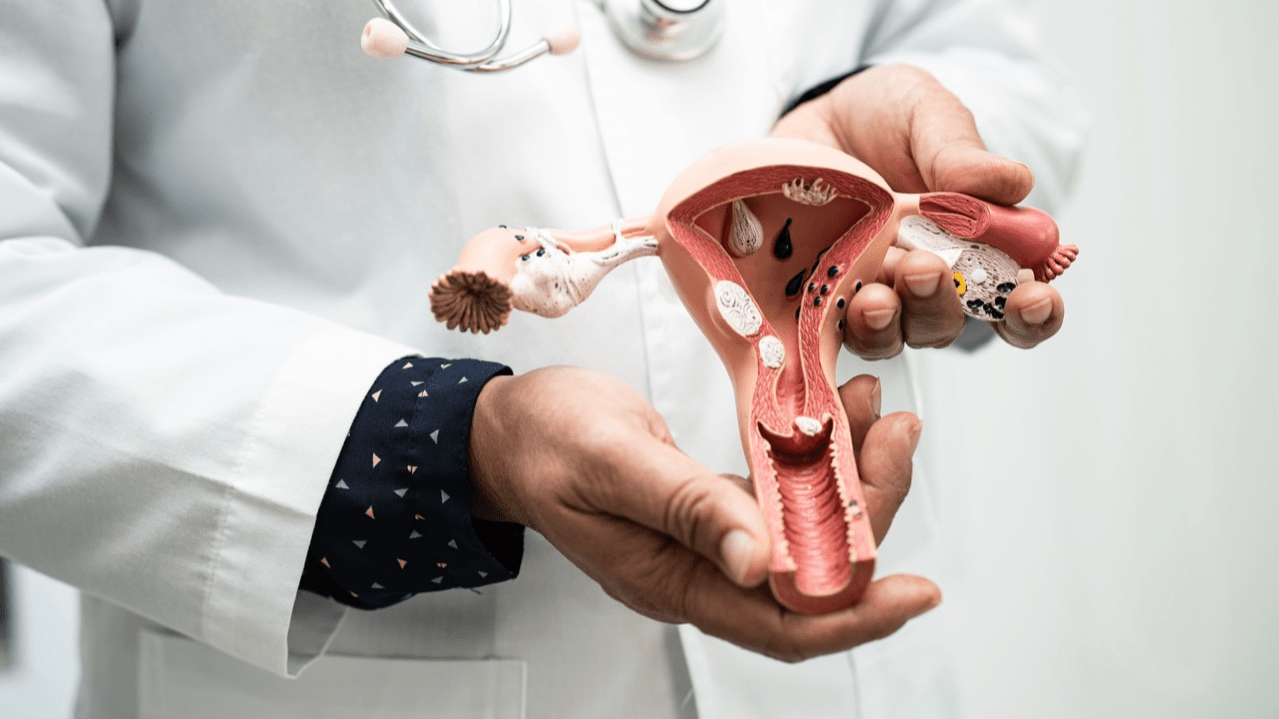Disorders of the Reproductive System: Causes, Symptoms, and Treatment
The reproductive system is a complex network of organs and hormones that play a vital role in human reproduction. However, like any other system in the body, it is susceptible to various disorders that can affect fertility and overall reproductive health. In this article, we will explore common disorders of the reproductive system, their causes, symptoms, and available treatment options.
1. Polycystic Ovary Syndrome (PCOS)
Polycystic ovary syndrome (PCOS) is a hormonal disorder that affects women of reproductive age. It is characterized by the formation of small cysts on the ovaries, which can disrupt normal ovulation and hormone production. The exact cause of PCOS is unknown, but it is believed to be related to genetic and environmental factors. Common symptoms of PCOS include irregular menstrual cycles, excessive hair growth, acne, and weight gain. PCOS can also increase the risk of developing other health conditions, such as diabetes and heart disease. Treatment options for PCOS include lifestyle modifications, such as weight loss and exercise, as well as medications to regulate hormone levels and improve fertility.
2. Endometriosis
Endometriosis is a condition in which the tissue that normally lines the inside of the uterus grows outside the uterus, commonly on the ovaries, fallopian tubes, or pelvic lining. This abnormal tissue growth can cause inflammation, scarring, and pain. The exact cause of endometriosis is unclear, but it is believed to be influenced by hormonal and immune system factors. Common symptoms of endometriosis include pelvic pain, painful periods, heavy menstrual bleeding, and infertility. Endometriosis can also cause fertility problems by affecting the quality of eggs, disrupting the implantation process, or causing adhesions that block the fallopian tubes. Treatment options for endometriosis include pain medication, hormone therapy, and in severe cases, surgery to remove the abnormal tissue.
3. Erectile Dysfunction (ED)
Erectile dysfunction (ED) is a common disorder that affects men of all ages. It is characterized by the inability to achieve or maintain an erection sufficient for sexual intercourse. ED can be caused by various factors, including physical conditions such as diabetes, high blood pressure, or hormonal imbalances. Psychological factors such as stress, anxiety, or relationship problems can also contribute to ED. ED can have a significant impact on a man’s self-esteem, relationships, and overall quality of life. Treatment options for ED include oral medications, such as Viagra or Cialis, lifestyle changes, such as quitting smoking and exercising regularly, and in some cases, counseling or therapy.
4. Infertility
Infertility is a condition in which a couple is unable to conceive a child after a year of regular, unprotected intercourse. It can affect both men and women and can be caused by a variety of factors. In women, common causes of infertility include ovulation disorders, blocked fallopian tubes, or uterine abnormalities. In men, infertility can be caused by low sperm count, poor sperm motility, or structural abnormalities in the reproductive organs. Other factors that can contribute to infertility include age, hormonal imbalances, and lifestyle factors such as smoking or excessive alcohol consumption. Treatment options for infertility depend on the underlying cause and may include medication, surgery, or assisted reproductive techniques such as in vitro fertilization (IVF).
5. Sexually Transmitted Infections (STIs)
Sexually transmitted infections (STIs) are infections that are transmitted through sexual contact. They can affect both men and women and can cause a wide range of reproductive health problems. Common STIs include chlamydia, gonorrhea, syphilis, and human papillomavirus (HPV). Symptoms of STIs can vary but may include genital sores, discharge, pain during urination, or infertility. STIs can have serious consequences for both individuals and their partners, including pelvic inflammatory disease, infertility, and an increased risk of certain types of cancer. Prevention is key when it comes to STIs, and practicing safe sex, getting vaccinated (in the case of HPV), and regular screenings are essential. Treatment options for STIs include antibiotics, antiviral medications, or other specific treatments depending on the infection.
Disorders of the reproductive system can have a significant impact on an individual’s fertility and overall reproductive health. It is important to be aware of the common disorders, their causes, symptoms, and available treatment options. Seeking medical advice and early diagnosis are crucial for managing these conditions effectively. Remember to prioritize preventive measures, such as practicing safe sex and maintaining a healthy lifestyle, to reduce the risk of reproductive system disorders. By understanding these disorders and taking appropriate measures, individuals can take control of their reproductive health and increase their chances of a successful and fulfilling reproductive journey.









